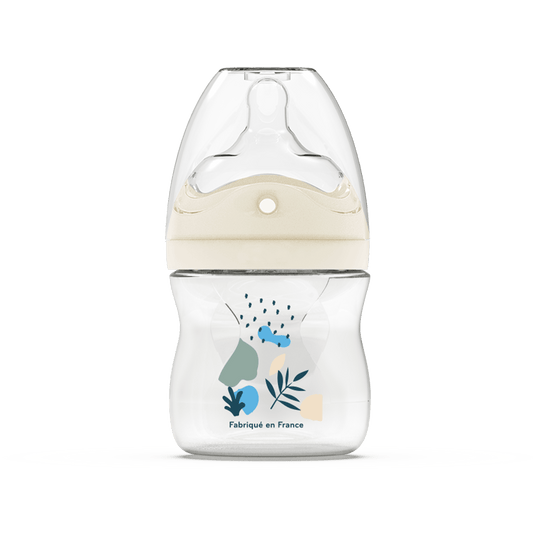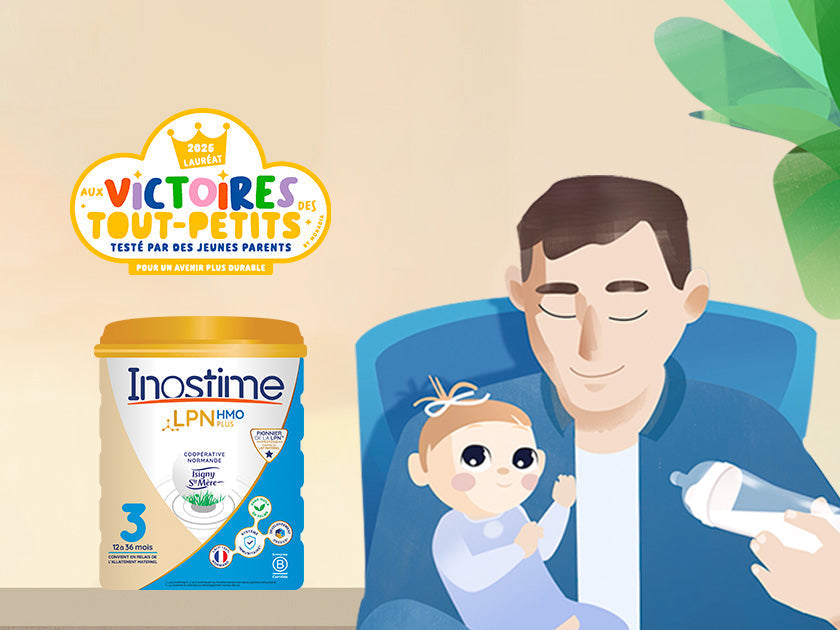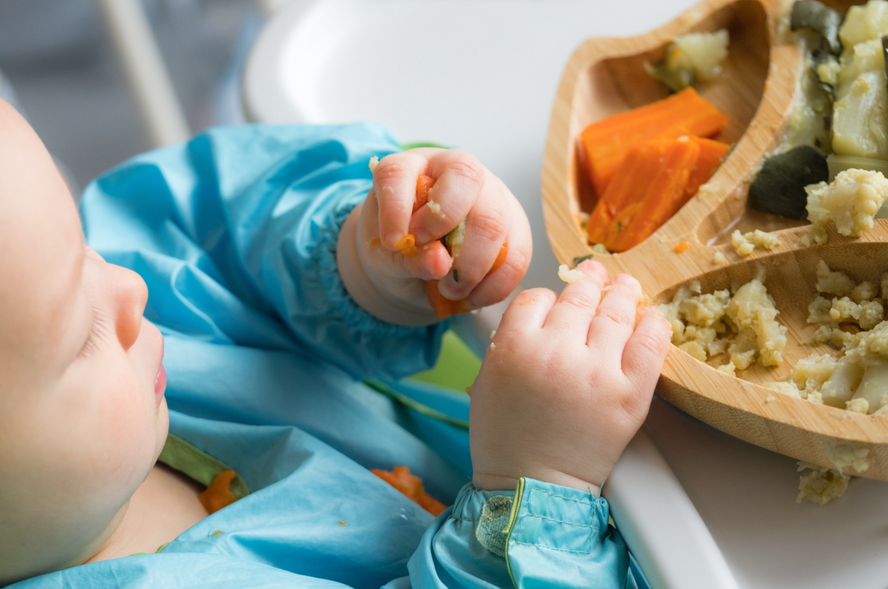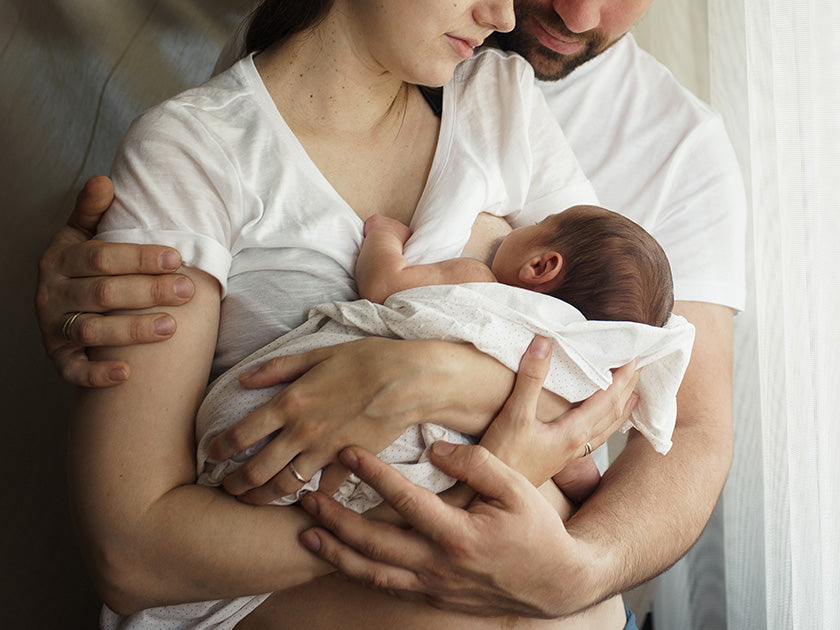Rolling over in your sleep may seem trivial to us adults. In fact, it's something we do without realizing it several times a night. But for babies, it's a different story! Curious? We'll tell you all about it.
Why are position changes important for babies?
Before your newborn can move around on their own, crawling and then walking, they must first become familiar with their body and familiar with their environment.
How? For example, by being able to turn over on their own in bed! Changing positions are babies' first real movements. For them, this involves performing an action independently, which has an impact on their comfort, but also on their body's perception of space. Thus, by moving from lying on their back to lying on their stomach, babies become aware of the possibilities available to them and their physical abilities.
Is it normal for baby to want to roll over?
Is your baby fidgeting in their crib, showing signs of wanting a change? This doesn't mean they don't feel comfortable there: it's completely normal. Your baby is actually showing a thirst for discovery about their environment and the objects around them. There, a stuffed animal that catches their eye, there, a mobile that spins and plays music: all these elements make your baby want to play with them!
When baby rolls over in bed, their perspective on their environment changes. They won't see the same things in the room, since their field of vision will be different. For them, this means new things to observe and discover. This first step will help baby in their future psychomotor developments: crawling, walking, etc. Indeed, rolling and turning on a flat surface allows your baby to try new things, familiarize themselves with their body, and coordinate their movements. This will help them gain independence!
At what age does baby start to want to roll over?
As with all developments in newborns, there is no fixed age for this psychomotor action of rolling over[1]. So don't panic if your baby takes his time!
So, some babies will show the desire to lie on their stomach from 6 months, while others will wait until 9 months.
One thing to know: turning from the back to the stomach will be acquired before turning from the stomach to the back.
Is your baby 9 months old and still not rolling over? Don't panic: he's probably taking his time before making the move. A cautious baby who does things at his own pace.
Should I help my baby turn over?
Your child is perfectly capable of turning over on their own. It is through repeated attempts that they will understand the movement and coordinate their movements. This is also how they will begin to build muscle and become more flexible. There is therefore no need to turn them over yourself. At first, however, you can give them a helping hand[2] by accompanying their movement if it is hindered (by their arm getting stuck under their chest, for example).
It is by repeating the movement that baby will succeed in turning over alone, more and more quickly and easily.
And you, how are things going at home?
Is your baby starting to roll over in their bed or on their play mat? Do you have any exercises to stimulate and help them roll over while maintaining their independence? Come and discuss it and share your experiences with other parents by sending us an email to contact@biostime.fr or by DM on Instagram@biostimefr . Get typing!
[1] http://www.carolecoenen.be/2017/08/31/aider-bebe-se-inversener-seul/
[2] https://flo.health/fr/etre-mere/soccupier-dun-bebe/comment-aider-votre-bebe-a-se-inversener












